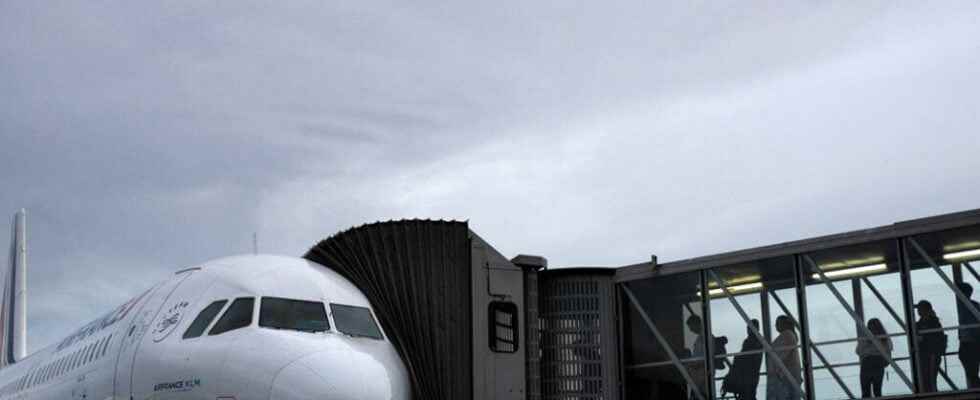Elected engineer of the year! A career in the United States but also in France at the head of innovation at Airbus, the European aircraft manufacturer. Today, Jean Botti chairs his own company, Voltaero. The European Union has recognized him as a pioneer in electric aviation. His proposal for new transport is worth the detour: Jean Botti wants to resuscitate small airports thanks to the hybrid devices that he himself invented. Explanations with Marina Mielczarek.
RFI: Short distances with small number of passengers. Aren’t your planes at odds with the times? Environmental protection and flight optimization?
Jean Botti: On the contrary! Today a European must first travel by car or train (240 km round trip on average) to reach the major airports of Paris or London or Berlin. We, with our planes, take them to their door! A source of pollution and a price added to the plane ticket.
The idea is to revive regional air transport?
It’s exactly that. In France, for example, all the infrastructures already exist! 400 airports and aerodromes throughout the territory. Developing regional flights means protecting nature since in France, as in Italy or Germany, it is difficult to cross the country from east to west quickly. You always have to change trains or take several roads and highways.
You emphasize a particular point that is often forgotten: noise.
It’s critical! Both France and the European Union have generalized the regulations. Everyone in Europe around airports complains about noise pollution. Our planes take off and land with the electric motor, so without noise.
How do your propeller machines work?
We have great aerodynamics thanks to a single propeller. From 2023, our planes will fly with hybrid, half-electric, half-thermal engines. For less than 200km, our electric batteries are sufficient for the entire flight. Beyond that, from 200km to 600km, pilots have the possibility of recharging the batteries in flight thanks to the internal combustion engine which, thanks to its energy, acts as a battery charger!
If the European Union supports you, this is not the case of the French government which is betting rather on the hydrogen plane and not electric !
Yes, and I regret it. Me, what I’m looking for is not to compete with the big aircraft manufacturers. But the big aviation competitors (USA and China) are already eating up the entire market. France must differentiate itself if it wants to be competitive. Our Minister of Transport should be more attentive to this relaunch of regional lines. The hydrogen plane will not be ready before 2035, we already have our entire fleet. Moreover, the French economy will benefit from it since we are creating jobs and that is rare enough to point out.
Elsewhere in Europe, have countries also developed this type of transport ?
In Europe, the Netherlands are undoubtedly the most advanced. Being aware that these regional flights can be used for passengers, the transport of goods but also the transfer of patients and medicines. Imagine, in times of traffic jams, patients can be transported easily from one hospital to another.
Landings can be made anywhere, on aerodrome runways, on dirt runways… With this possibility, is it a slightly less polluting aviation that would suit Africa?
Absoutely ! In the short term, our solicitations focus on Europe, America, with strong demand in Asia in countries such as Japan, Malaysia, Philippines… But in the future, Africa is a continent where the market could be buoyant.
